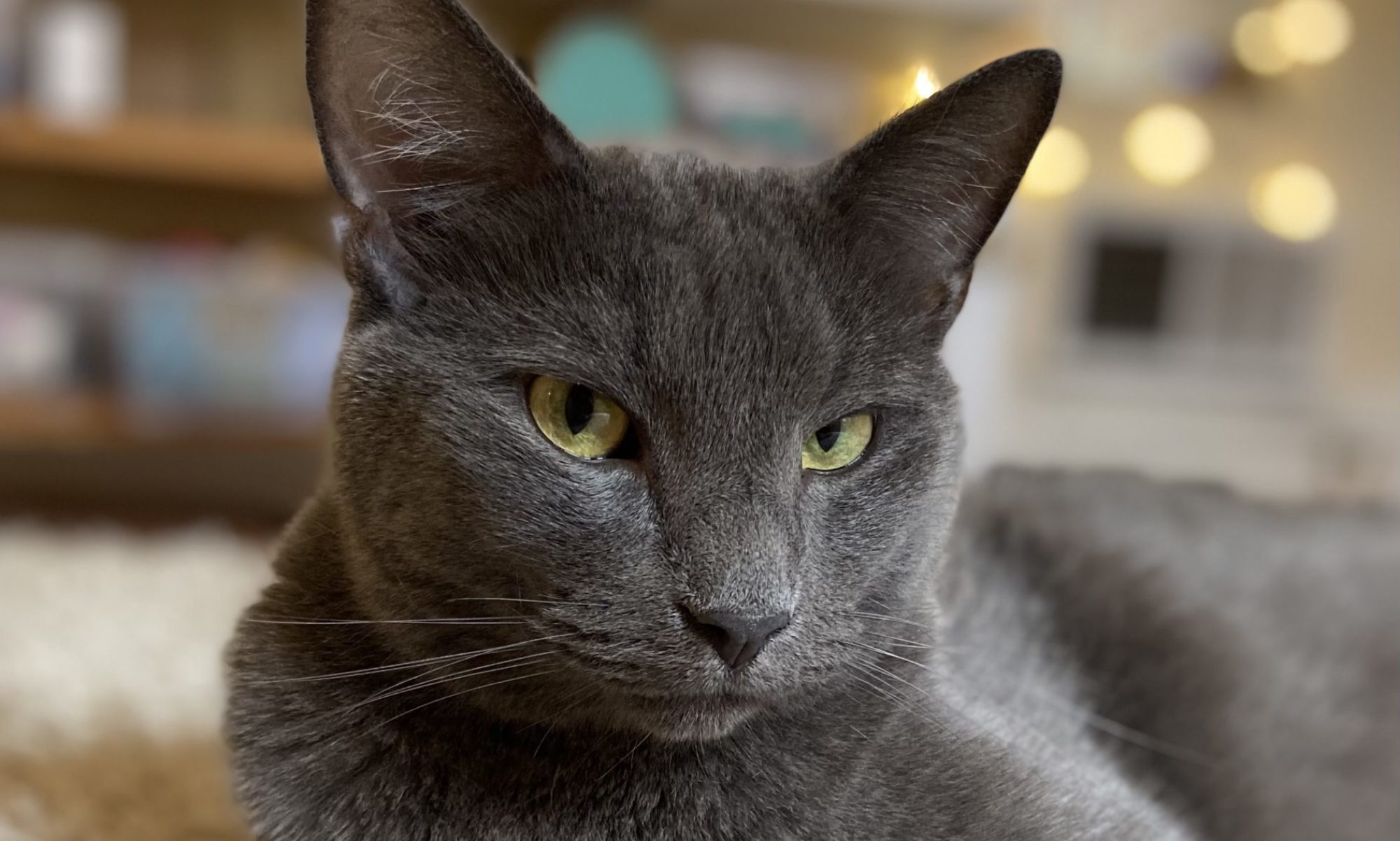Who wants to read a beautiful book that shines with good humor, gentle creatures, exciting discoveries, and terrible beauties? You want the Moomintroll books.
The Finnish author Tove Jansson (who wrote in Swedish) produced a series of books and of comics and other whimsies from the 1930s through the ’70s, and I’m not sure which show more genius, her illustrations or her writing. I remember loving the innocent Moomins when my family lived in Sweden for a year when I was five, and now I’m finally revisiting them with fresh eyes. (I can’t wait to read these books with the girls, when they’re ready.)
p{color:gray}. Image source: “Macmillan”:http://us.macmillan.com/cometinmoominland
By way of demonstration, let me give you a single page (or just a little more) from the first volume of the Moomintroll books, Comet in Moominland (pp. 131-34). Our friends are trekking across the dried-up floor of the ocean, racing against time to get back home before a fiery comet strikes the Earth. But it’s not nearly as horrible as that plot snapshot sounds, not so long as Moomintroll and his friends keep their wits and their wonder about them.
bq.. [A]fter a while Snufkin thought he would play a tune. But not a sound could he get out of his [harmonica]; the steam had rusted it up.
“Oh dear,” he said sadly, “this is about the worst thing that could happen.”
“Papa will mend it for you when we get home,” siad Moomintroll. “He can mend anything, if only he gets around to it.”
All about them stretched the strange sea landscape, which had been covered by millions of tons of water since the beginning of the world.
“You know, it’s rather solemn to be down here,” said the Snork. “We must be pretty near the deepest part of the ocean by now.”
But when they reached the biggest chasm of all they didn’t dare go down. The sides sloped steeply and the bottom was obscured in green gloom. Perhaps there _was_ no bottom! Perhaps the biggest octopuses in the world lived down there, brooding in the slime; creatures that nobody had ever seen, far less imagined. But the Snork Maiden gazed longingly at an enormous and beautiful shell that was poised on the very brink of the chasm. It was a lovely pale color, only to be found in the depths of the sea where no light penetrates, and its dusky heart glowed temptingly. The shell sang softly to herself the age-old song of the sea.
“Oh!” sighed the Snork Maiden. “I should like to live in that shell. I want to go inside and see who is whispering in there.”
“It’s only the sea,” said Moomintroll. “Every wave that dies on the beach sings a little song to a shell. But you mustn’t go inside because it’s a labyrinth and you may never come out again.”
She was persuaded to go on, and they started to hurry, as dusk was falling, and they had not found anywhere to sleep. They could only see soft outlines of each other through the damp sea mist, and it was uncannily silent. There were none of the small sounds that liven up the evening on land: the pattering of small animal feet, leaves moving in the night breeze, the cry of a bird, a stone dislodged by somebody’s foot….
Moomintroll thought how frightened the earth must be feeling with that great ball of fire coming nearer and nearer to her. Then he thought about how much he loved everything — the forest and the sea, the rain and the wind, the sunshine, the grass and the moss — and how impossible it would be to live without them all, and this made him feel very, very sad. But after a while he stopped worrying.
“Mamma will know what to do,” he said to himself.
p. Magic happens in these stories, comes out of the characters’ mouths, and flows from their hearts. The Moomintroll books come near fairy tales in the way that magic is accepted without surprise by the characters. That’s how I’m going to try to accept the magic of these books.
Considered in this review: “_Comet in Moominland_”:http://www.amazon.com/exec/obidos/ASIN/0374350302/octothorppres-20, by Tove Jansson.


